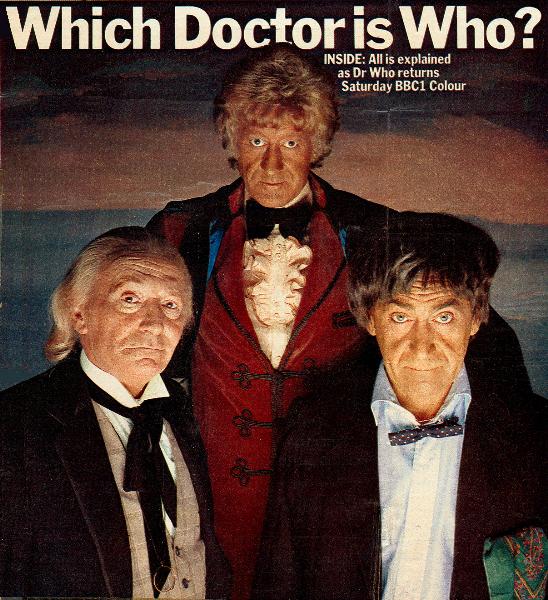 1. Chickens, Eggs, Context
1. Chickens, Eggs, Context
Remember the Bird Sanctuary in ‘The Three Doctors’? Makes me think of eggs and chickens. The solution to that riddle is that neither came first because both emerged dialectically, as the negations of previous forms, through the transformation of quantity into quality. The incremental changes of evolution. Just as the chick is the negation of the egg, so they are one. Just as the egg/chick unity is the negation of older forms, so they are one with older forms, part of a sequence. Evolution is the natural Dialectic in action. Every form is transitional.
Dialectical materialism is one way of saying ‘Marxism’, but there is also the Dialectic of Hegel. Marx gets the dialectic from Hegel but, famously, he has to turn it upside down in order to set it on its feet. Marx makes the dialectic material. The dialectic of Hegel is thoroughly, even perversely, ideal. (To clarify, ‘ideal’ or ‘idealist’ in the philosophical sense, in the sense of meaning something like ‘the realm of ideas or thoughts, or at least of ‘the immaterial’.)
Tell you what, let’s try to explain this in terms of ‘The Three Doctors’.
For some reason, ‘The Three Doctors’ strikes me as a story particularly suited to ruminations on the Dialectic. I could speculate as to why this is. Baker and Martin are, by accident or design, habitual dialecticians. The ‘weapon’ that will end the Atrios-Zeos war forever is peace (’Armageddon factor’); Axonite is mutable and spectacular capital and even has a ‘cycle’ (’Claws of Axos’); the Solonians have a natural lifecycle which is inimical to colonialism (’The Mutants’); there is a cycle of Edenic life into fallen drugs and fake euphoria (‘Nightmare of Eden’); there is an interrelated unity of contradictory micro and macrocosms (’Invisible Enemy’); Eldrad is a nightmare from (of) history and goes through a process of change from fossil to woman to tyrant (’Hand of Fear’). And there is wider context. The end of the 60s and the dawn of neoliberalism, for instance. There is the apparent failure of revolution and dialectical materialism in favour of antinomies of bourgeois thought – positivism/mysticism, reformism/conservatism. The producer of this story is a Buddhist and a Lefty, but also a BBC type. You can see where that all links together, I’m sure.
So lets dive in to this silly project. We might be able to explicate the Dialectic. We might manage the considerably more complex and challenging feat of explicating ‘The Three Doctors’. At the very least, it might be a giggle.
For me, anyway.
2. Theses, Assertions, Gnosis
Central to the Dialectic are the categories of totality, contradiction, change, negation, and mediation.
Also central is the concept of unity.
Unity is, in fact, the meta-category when it comes to the Dialectic. Within unity, the other categories spin.
Unity is closely related to totality, but not identical with it. The totality cannot always be a unity, and the unity is not a totality, though the totality may be comprised of unities.…
Continue Reading

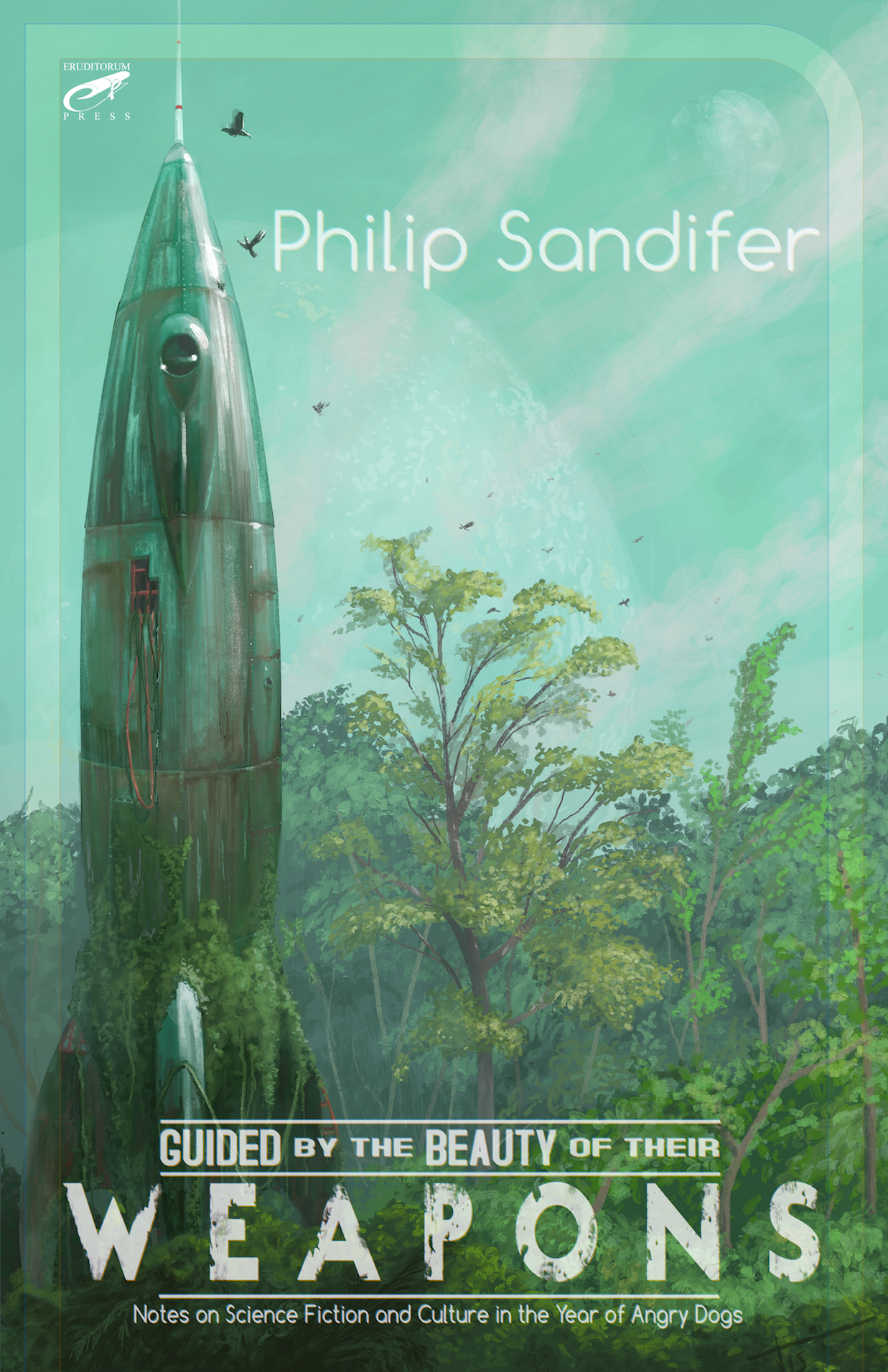

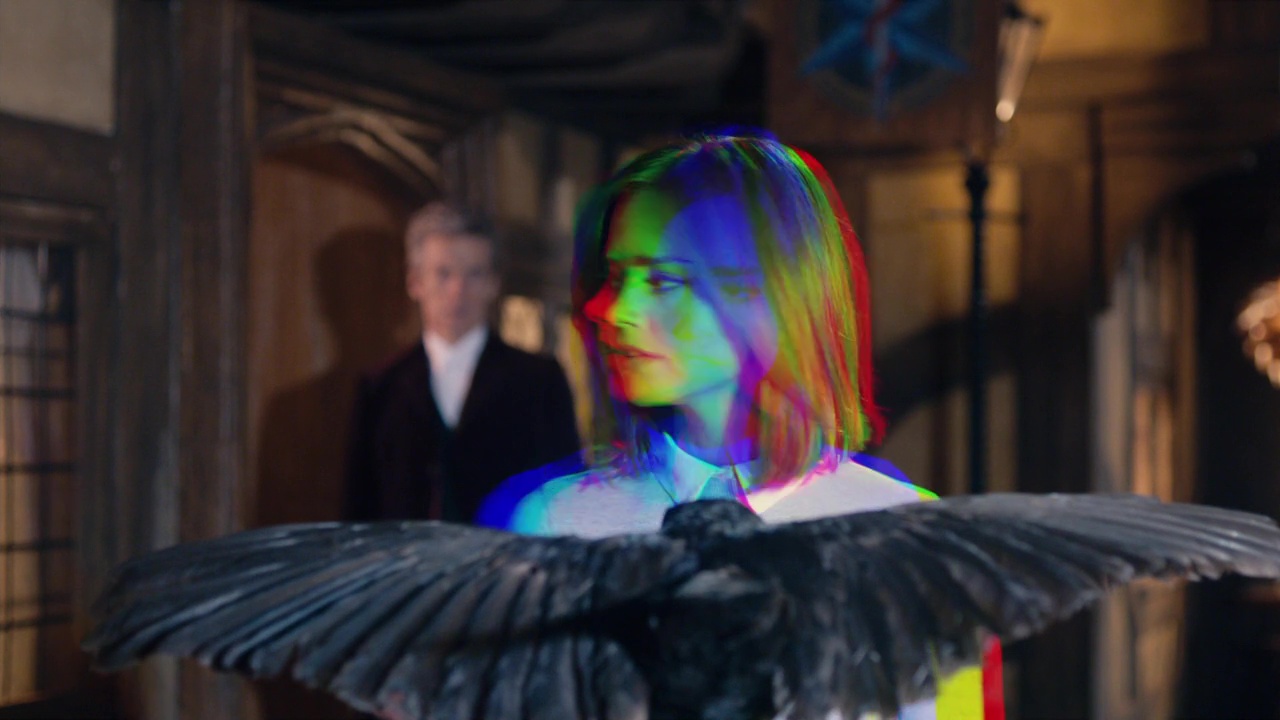 I was not as entranced with Series Nine as I’d hoped, but that may well be due to events in my own life and the kind of work that’s been on my plate this fall. I realize I haven’t written nearly as much about the show as I have in years past. So, this is to kind of rectify that, somewhat, and to encapsulate my thoughts on the series as a whole, and particularly in the context of Clara’s overall arc in the show.
I was not as entranced with Series Nine as I’d hoped, but that may well be due to events in my own life and the kind of work that’s been on my plate this fall. I realize I haven’t written nearly as much about the show as I have in years past. So, this is to kind of rectify that, somewhat, and to encapsulate my thoughts on the series as a whole, and particularly in the context of Clara’s overall arc in the show. Like many structuralists, Chatman begins along the lines of Russian Formalism by distinguishing two aspects of narrative. The Russians used the terms “fabula” (the actual events of a narrative) and “syuzhet” (the organization of those events); Chatman uses “story” and “discourse,” but in a much broader sense, with “story” encompassing events, character, dialogue, setting (the “stuff” or “contents” of a narrative) and “discourse” including all the different ways the narrative is “told” – not just the organization of the text, but the narration of it as well. Cinematically, “discourse” would also include camera angles, cuts, lighting cues, the soundtrack, and things of that nature.
Like many structuralists, Chatman begins along the lines of Russian Formalism by distinguishing two aspects of narrative. The Russians used the terms “fabula” (the actual events of a narrative) and “syuzhet” (the organization of those events); Chatman uses “story” and “discourse,” but in a much broader sense, with “story” encompassing events, character, dialogue, setting (the “stuff” or “contents” of a narrative) and “discourse” including all the different ways the narrative is “told” – not just the organization of the text, but the narration of it as well. Cinematically, “discourse” would also include camera angles, cuts, lighting cues, the soundtrack, and things of that nature.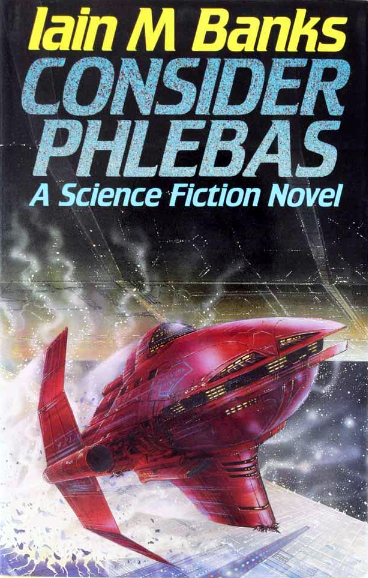 Consider Phlebas
Consider Phlebas

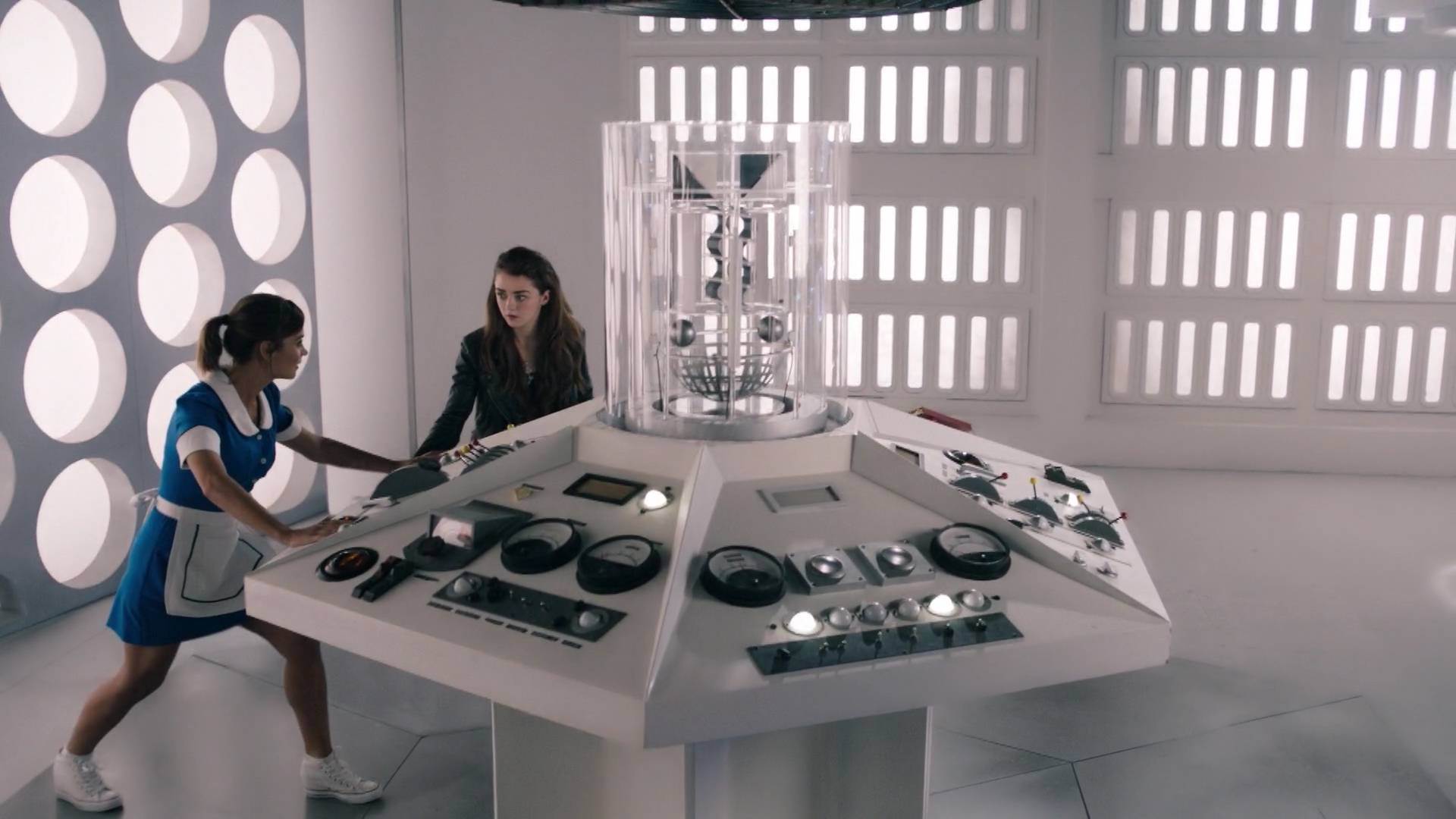 For our season finale (until Christmas) I’m joined by the legendary Kate Orman, writer of an appallingly large number of very good Doctor Who books. The first half is interview about her Virgin Books novels and her recent
For our season finale (until Christmas) I’m joined by the legendary Kate Orman, writer of an appallingly large number of very good Doctor Who books. The first half is interview about her Virgin Books novels and her recent  1. Chickens, Eggs, Context
1. Chickens, Eggs, Context